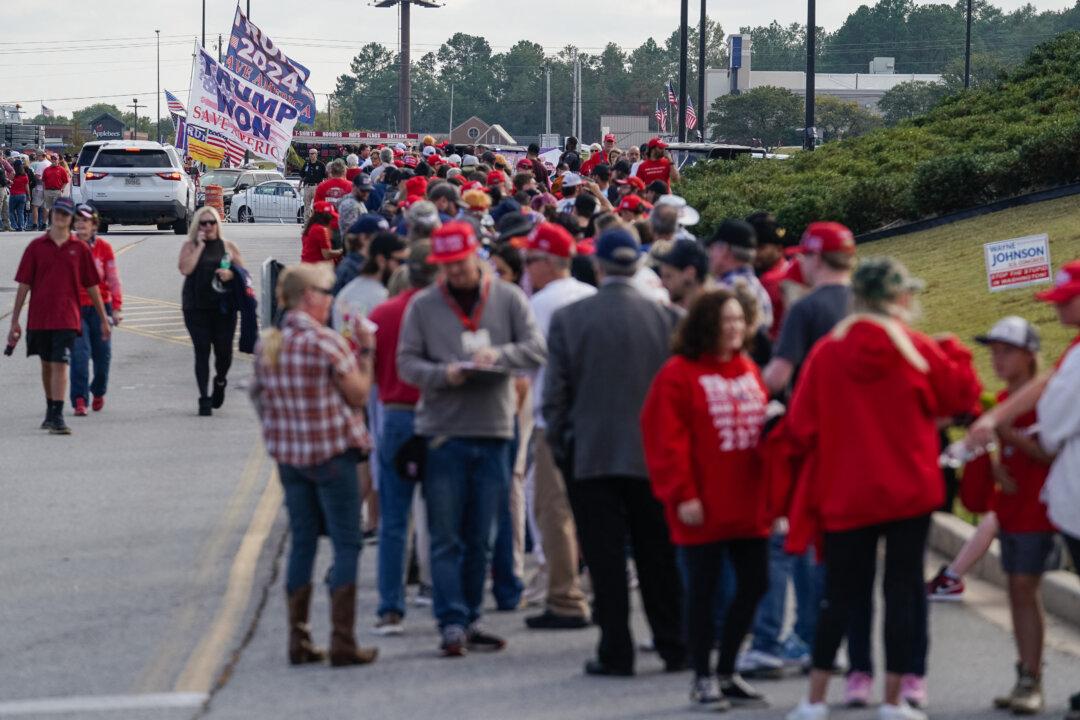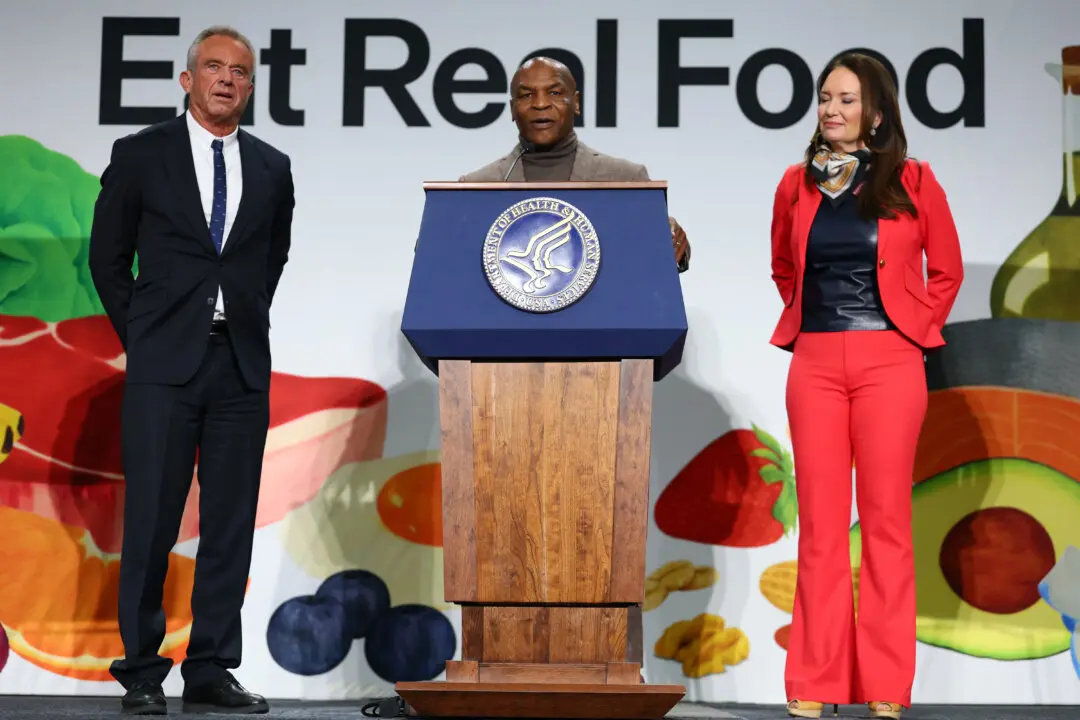Commentary
The weeks before the inauguration have sent political reporters looking for ways to tie up the incoming administration in knotty internal splits and disputes. The hope is to weaken the sense of unity ahead of the big transition, turning MAGA/MAHA/DOGE (Make America Great Again, Make America Healthy Again, and the Department of Government Efficiency) into versions of the classic internal firing squads.





